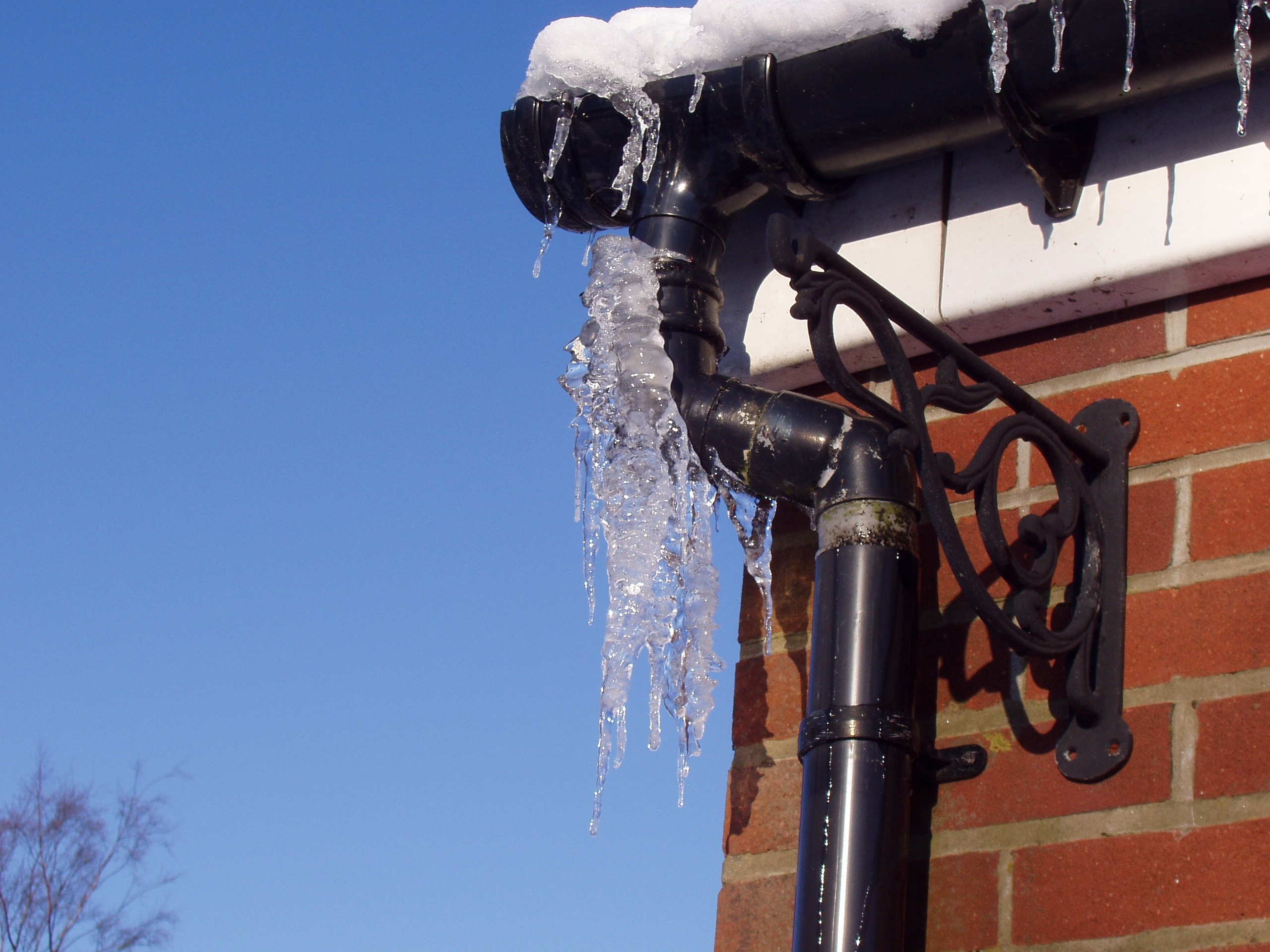Water damage is one of the worst possible things that can happen to your home. In winter, your home is particularly vulnerable to this kind of situation because water can freeze in your house pipes during spells of cold weather.
These helpful tips will help you prevent water from freezing and help you thaw it out if it eventually happens:
If the weather is particularly cold outside, turn the kitchen and the bathroom faucets on and let a small trickle of water drip. Water won’t freeze if it’s constantly moving and flowing through. The laundry room is a tricky spot in the house because there usually aren’t any faucets to help the water flow, so set your washing machine on warm and start a fill cycle periodically for a couple minutes.
When leaving for a couple of days, it’s always tempting to lower the heating of your home, but never leave it under 55 degrees if you leave for more than one day. Also, water pipes located in non-heated areas of the house such as the basement or the garage should always be insulated.
Even if you’re cautious, water could freeze in your house pipes overnight or during an exceptionally cold spell. What should you do then? First step is to shut off the main water valve. Then, use a hair dryer or a heat lamp to bring the pipe back to room temperature. Make sure to keep the nearest faucet open to avoid build-ups in the pipes. Finally, before turning on the water again, look for potential leaks on your pipes. Water expands when it freezes and will most likely cause damage.
Here it is. Water is unlikely to freeze in your house pipes if the weather is kind and your plumbing is well-insulated, but if it ever happens, make sure to follow these easy steps to efficiently thaw them without causing any damage. Remain vigilant and proactive and sleep soundly at night!
OSPE has a group sponsorship agreement with The Personal Insurance Company with regards to home and auto insurance for our members. Log in to your OSPE account for more information.
To find out more, call 1-866-816-4530.
The Personal refers to The Personal General Insurance Inc. in Quebec and The Personal Insurance Company in all other provinces and territories of Canada.




Good topic.
You say “Finally, before turning on the water again, look for potential leaks on your pipes. Water expands when it freezes and will most likely cause damage.”Good thought but how do you search your whole system for leaks?
My way at our cottage in the spring iwas to post several members of my family throughout the cottage and when I shout out “OK water is on .. listen carefully for the swishing sounds that water pipe leaks make, and call out “Nothing” or “I hear one.” If horrible swishing sounds are heard, I call my plumber and the builder (if walls or ceilings must be repaired after gaining access to the ‘site’) and then I invite the family to go to lunch in our local restaurant.
When draining cottage water systems in the fall one must accept the fact that 99% success in draining is not acceptable.
Now I hire my plumber to prepare my system for freezing. He floods the whole system with bio gradable antifreeze liquid which in the spring can be drained into my waste water system….costs more but a leak in a pipe inside walls or above ceilings etc.. will result in much high costs to effect the necessary repairs.
This article are awesome i really like reading it.